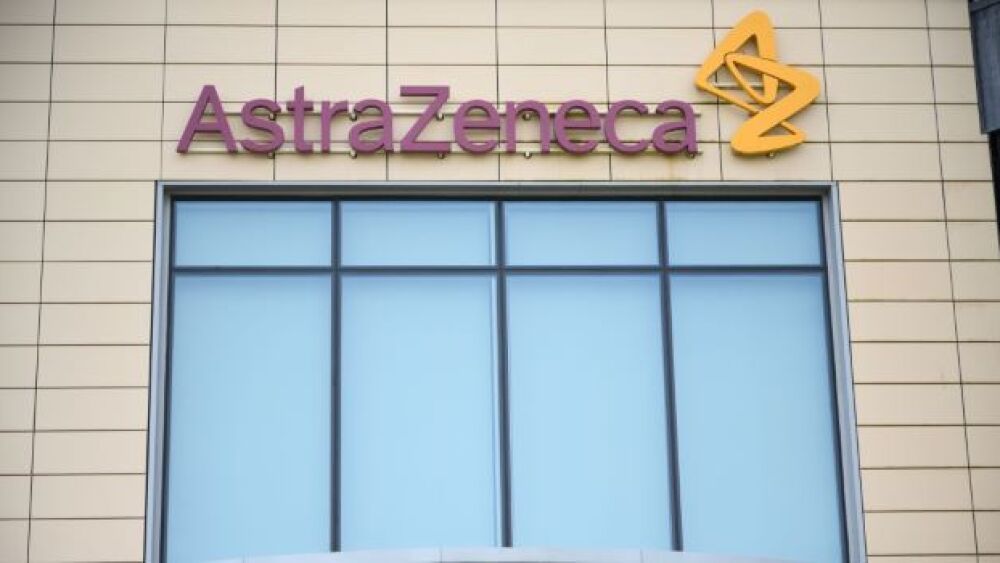AstraZeneca’s Fasenra hit a roadblock after the FDA issued a Complete Response Letter for chronic rhinosinusitis with nasal polyps (CRSwNP).
Courtesy of Leon Neal/Getty Images
AstraZeneca’s Fasenra (benralizumab) hit a roadblock in attempting to expand its indications when the U.S. Food and Drug Administration (FDA) issued a Complete Response Letter for chronic rhinosinusitis with nasal polyps (CRSwNP).
The company filed the supplemental Biologics License Application based on the strengths of the Phase III OSTRO study where Fasenra met both co-primary endpoints and continued to maintain a strong safety profile. The primary endpoints of the study included the efficacy of Fasenra on nasal polyp burden after 40 weeks compared to placebo and the impact of the drug on patient-reported nasal blockage after 40 weeks.
The data from the OSTRO trial was not strong enough for the regulatory agency. In its announcement, AstraZeneca said the FDA is seeking additional clinical data. AstraZeneca said it is working closely with the FDA and added that it has a second ongoing Phase III study, dubbed ORCHID, in this indication. The ORCHID study is a 56-week study assessing the safety and efficacy of Fasenra compared to placebo in patients with eosinophilic CRSwNP. The primary endpoints of this study are the effect of Fasenra on nasal polyp burden and the effect of Fasenra on the patient-reported nasal blockage. Data from the ORCHID study is expected in the second half of 2023.
AstraZeneca remains committed to bringing Fasenra to the market for this indication, the company noted in its announcement.
CRSwNP is a common condition that is characterized by inflammation of the mucus membranes of the nose and sinus cavities. The inflammation is typically accompanied by bulbous growth known as nasal polyps, which can block the nasal passages and cause difficulty breathing. It is thought that eosinophilic infiltration of the tissues plays a role in the pathophysiology of the disease. Fasenra, a monoclonal antibody, binds directly to IL-5 receptor alpha on eosinophils. It then attracts natural killer cells to the site to reduce polyps and inflammation.
With Fasenra, AstraZeneca had hoped to carve out some of the market share that belongs to Regeneron and Sanofi’s powerhouse biologic, Dupixent, which has been approved for CRSwNP, among other indications. Another biologic that has been approved for CRSwNP is Novartis’ and Genentech’s Xolair. Beyond the two biologics, treatment for CRSwNP typically involves corticosteroids or surgery, however, they do not typically address the needs of patients in this indication.
Fasenra has previously been approved by the FDA as an add-on treatment for severe eosinophilic asthma. It generated $1.26 billion in sales, according to the company’s year-end results. The company is also assessing Fasenra in other eosinophilic-related indications, including atopic dermatitis, bullous pemphigoid, chronic obstructive pulmonary disease, chronic spontaneous urticaria non-cystic fibrosis bronchiectasis.
Fasenra has been granted Orphan Drug designation from the FDA for eosinophilic granulomatosis with polyangiitis, hypereosinophilic syndrome and eosinophilic esophagitis and for eosinophilic gastroenteritis (EGE) and eosinophilic gastritis.





